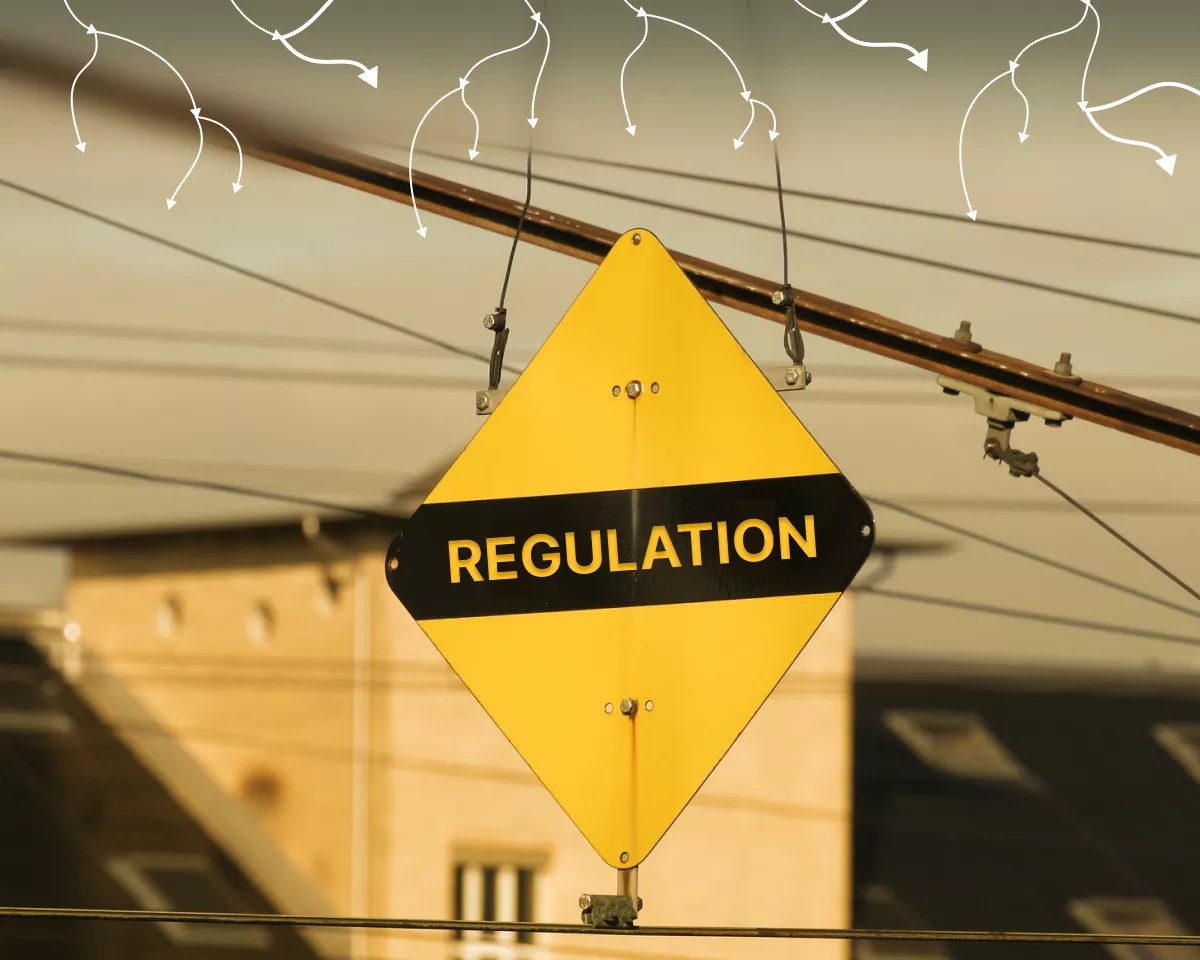China and South Korea Impose New Restrictions on the Crypto Market
China and South Korea, two powerhouses in the global economy, are recently stepping up their regulatory frameworks surrounding cryptocurrencies. From Beijing’s directive to local brokers to halt real-world asset (RWA) businesses to South Korea’s alarming rise in suspicious cryptocurrency transactions, the landscape is shifting dramatically.
China’s New Regulatory Push
Recent reports indicate that China’s Banking Regulatory Commission has informally advised several brokers to temporarily pause their RWA business in Hong Kong. This move appears to be aimed at bolstering risk management within the financial markets. Authorities are keen on ensuring that RWA projects are robust, being grounded in actual businesses rather than speculative ventures.
This regulatory approach starkly contrasts with Hong Kong’s evolving stance towards cryptocurrency. Over the past year, local authorities have actively sought to position the city as a burgeoning hub for digital assets. While Hong Kong is embracing innovation and financial technology, mainland China has maintained its stringent bans on cryptocurrency trading and mining since 2021.
According to RWA.xyz, the global market for tokenized real-world assets is valued at a hefty $28 billion. The implications of China’s recent directive may reverberate throughout this sector, as it seeks to impose tighter controls.
Hong Kong’s Transformative Journey
Despite China’s heavy-handed regulations, Hong Kong has been making strides to attract crypto firms and investors. The city’s authorities are eager to develop a conducive environment for digital assets, facilitating growth while ensuring compliance. This dichotomy between the mainland and Hong Kong underscores the broader regional struggle between innovation and regulation in the crypto space.
In the context of changing policies, firms in Hong Kong must balance compliance with ongoing initiatives to attract business. Keeping in line with global practices while adhering to local regulations is paramount as they navigate the complex landscape of cryptocurrency trading.
The Surge in Suspicious Activity in South Korea
Across the Yellow Sea, South Korea is grappling with its own challenges. The nation has reported an alarming rise in suspicious cryptocurrency transactions. Between January and August 2025, local virtual asset service providers filed a staggering 36,684 STR (Suspicious Transaction Reports), surpassing the combined totals from 2023 and 2024.
A significant portion of these transactions is linked to "hwanchigi," a term that refers to the illegal transfer of foreign currency. In these schemes, criminals convert illicit proceeds into cryptocurrencies on offshore platforms. These cryptocurrencies are then funneled to local exchanges, where they’re cashed out in South Korean won, further complicating law enforcement efforts.
The Korea Customs Service has been actively investigating, referring cases worth approximately $7.1 billion to prosecutors since 2021. Strikingly, about 90% of these cases involve hwanchigi schemes, prompting officials to advocate for enhanced controls. They seek to track illicit funds more effectively and impede obscure money transfers, highlighting the urgent need for regulatory measures to ensure the integrity of the crypto market.
Recent Developments in China
Not resting on its laurels, Chinese regulators have been tightening the reins on various aspects of cryptocurrency, including stablecoins. As of August, they mandated that brokerage firms and think tanks cease promotional activities and research publications related to stablecoins. This clampdown further signifies Beijing’s commitment to strict regulatory oversight in the cryptocurrency domain.
Given these recent developments, both China and South Korea are navigating their respective journeys through the complex world of cryptocurrencies. Their actions reflect a growing need to balance innovation, regulatory compliance, and the prevention of illicit activities within the burgeoning digital asset space.
Navigating the Future
As both nations implement these new restrictions, stakeholders in the cryptocurrency industry must adapt to ever-changing regulatory landscapes. This environment requires businesses and investors alike to stay vigilant and informed, ensuring compliance while seizing opportunities in the evolving digital economy.
In this fast-paced world, keeping a finger on the pulse of regulatory changes is no longer optional but essential for success in the crypto space.
